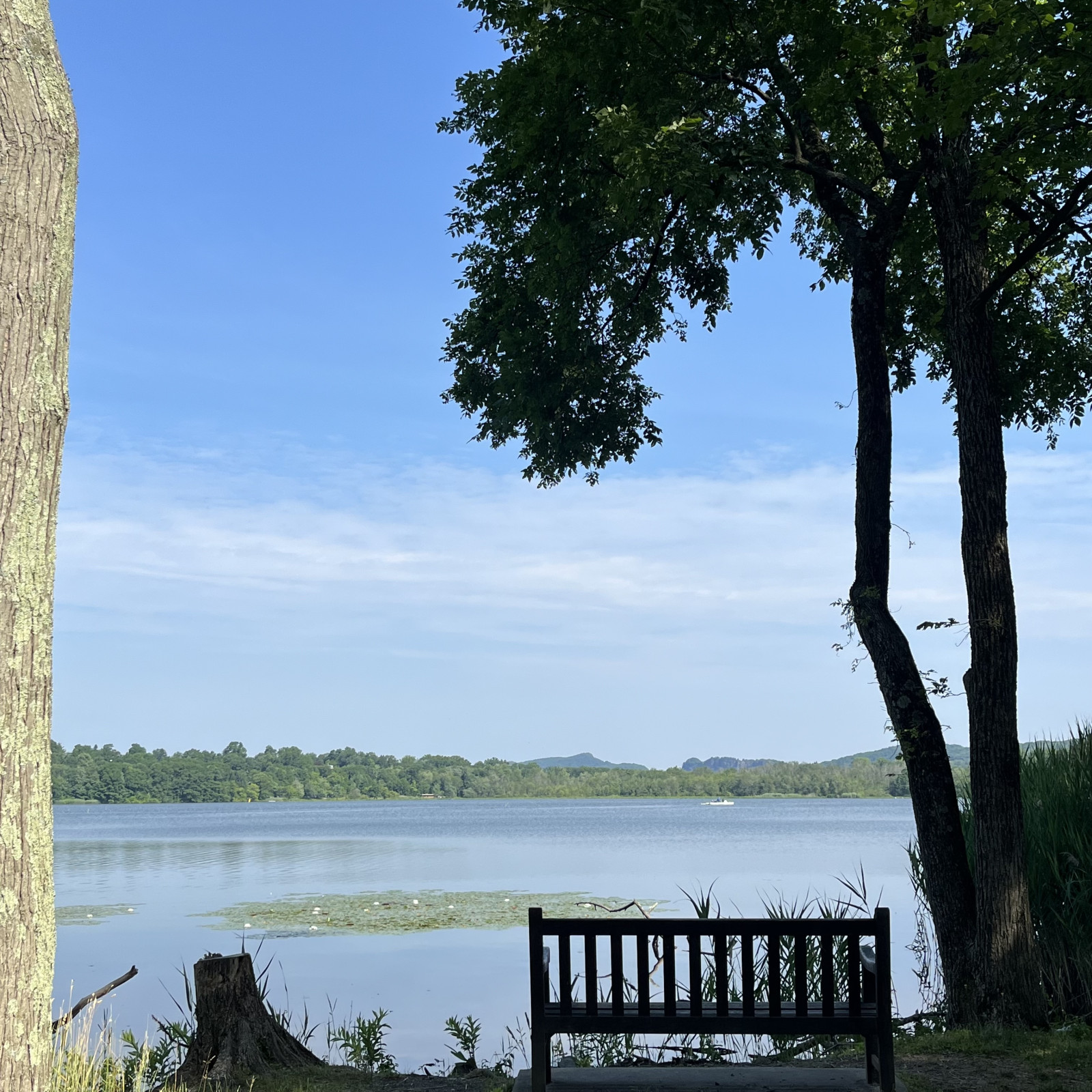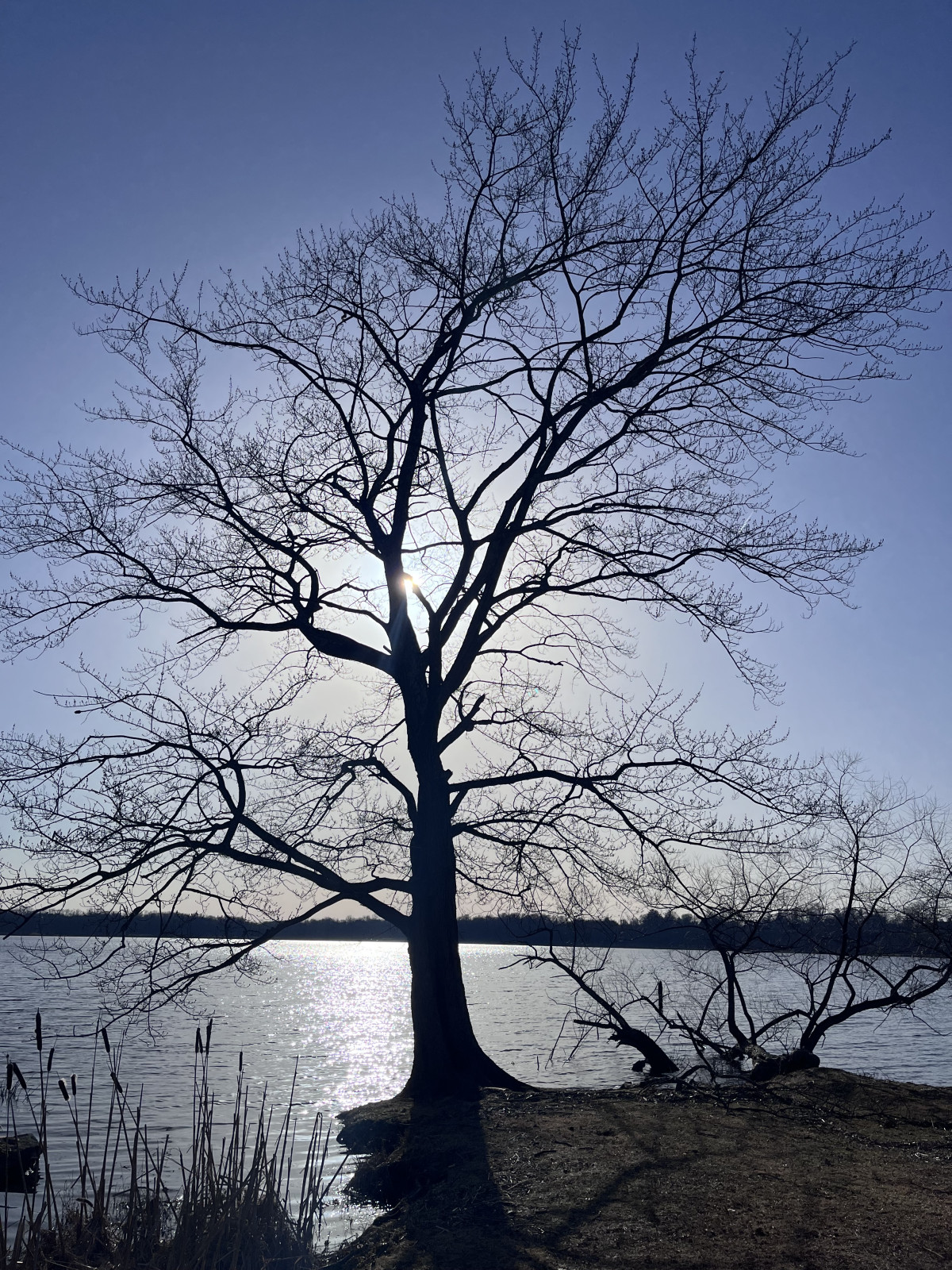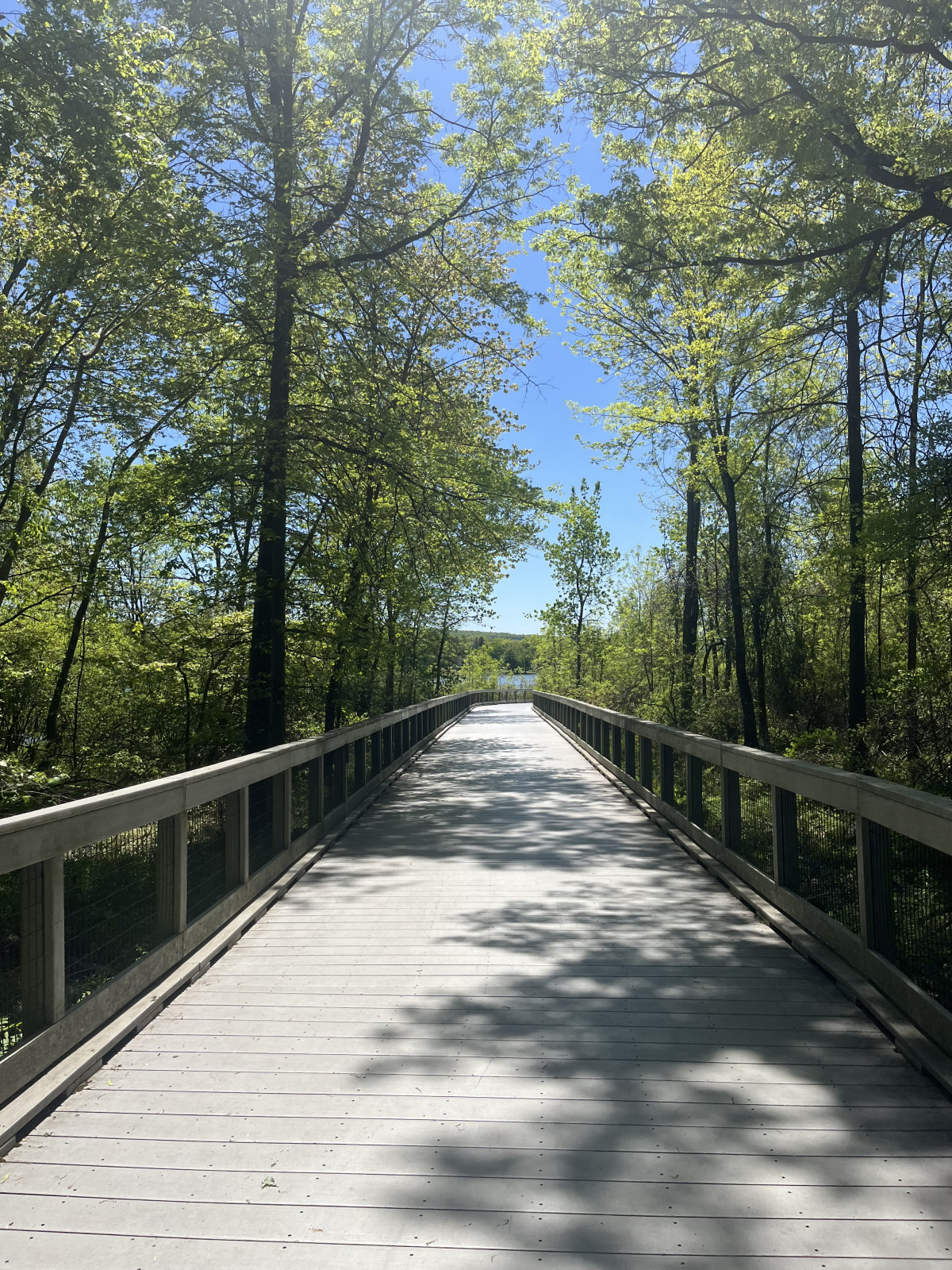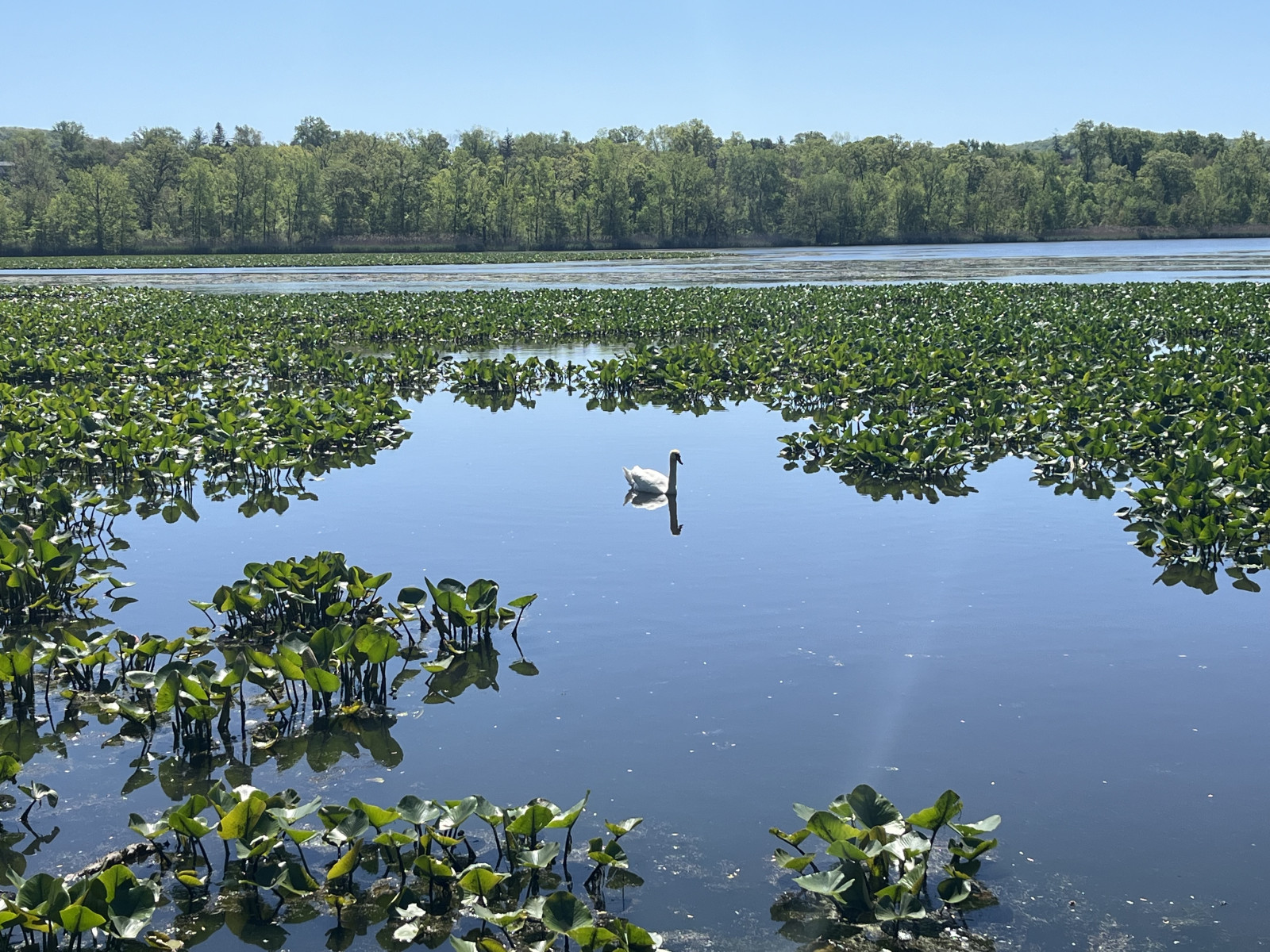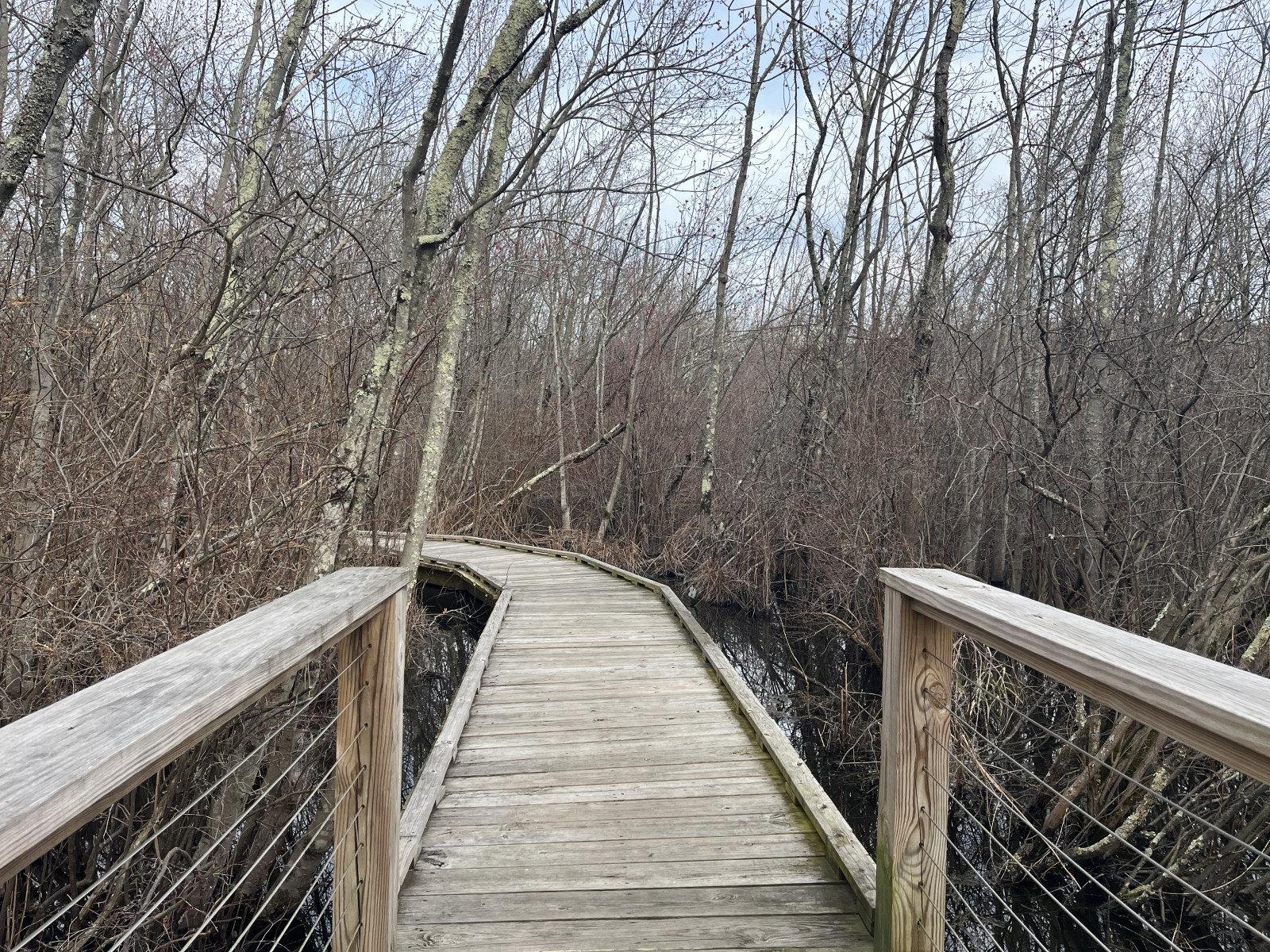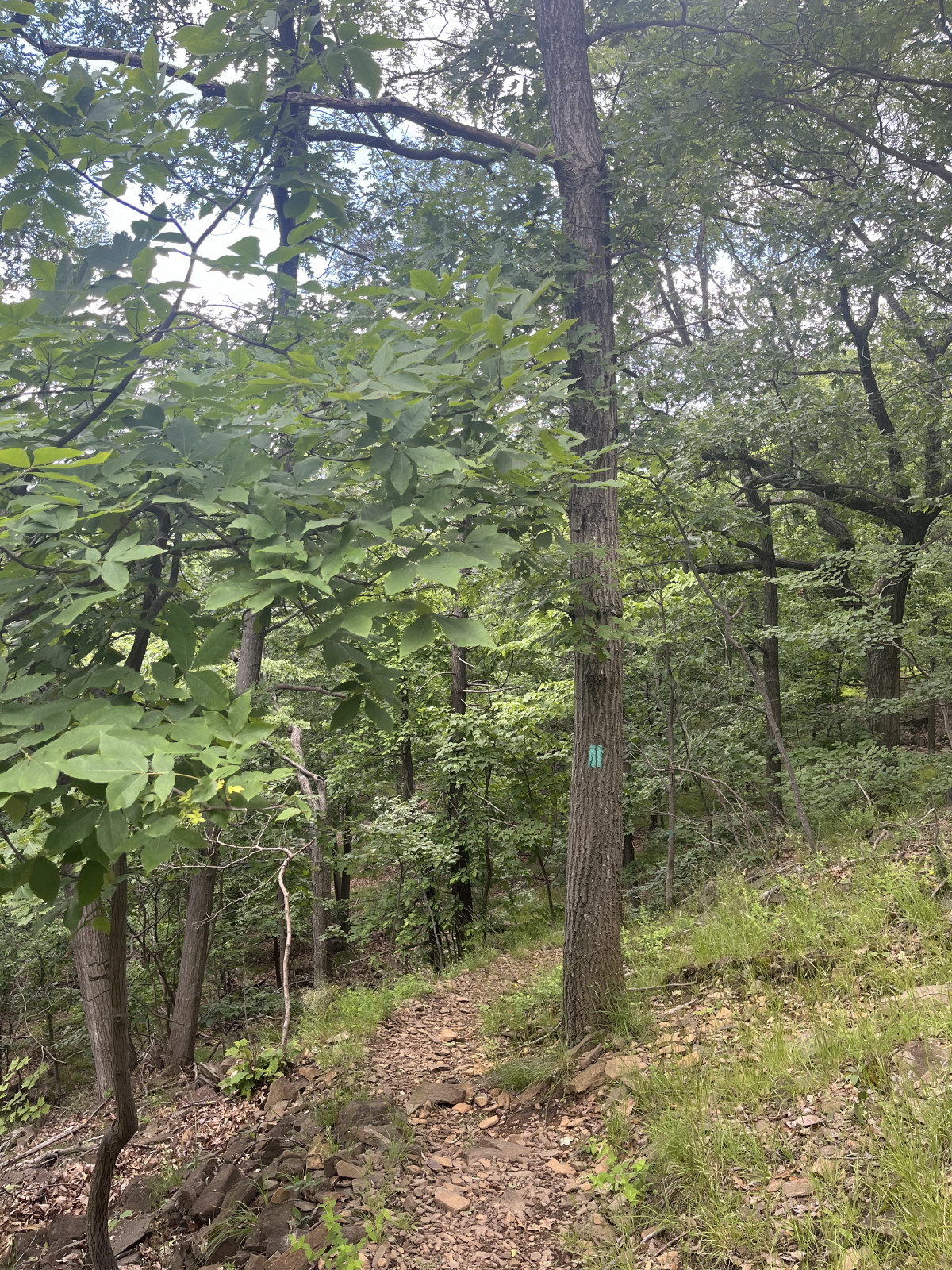
We are finishing the season of graduations, college a month ago, and high schools in my area graduate over the next week - yes, I know how late that is! The reminder I get from graduations is two fold, the first is that from every new beginning comes from some others beginnings end (thank you Semisonic). And the second is that graduations mark the moment where a group of people who have been sharing life together complete that season, and go different ways.
The road of life takes us all different places, and what we focus on is what we become. When looking back across the years it is easy to wonder where someone else went, what they are up to, and why you no longer have a relationship. But what may be less obvious is how much you have changed as you have made the choices that have shaped your life. We are so used to being us that we don’t notice changes unless they are rapid and big.
The reality is that most change happens slowly and intentionally until one day you look back and realize that this is no longer who you are, but who you were. As beautiful as it is to arrive at this place, it is also the place where you will begin to realize that those friends who aren’t growing like you are, or in the direction you are, are a place of discomfort as you struggle to continue to connect with someone whom you care about, but with whom you have less and less in common. At some point if your friend really cares they will ask you, in some form, “where did you go?”
For some, losing relationships that no longer fit is just a part of life. But for others it becomes a painful choice between paying the cost of losing friendships, or paying the price of being the person they want you to be. Each choice costs and brings different outcomes. May we all be so fortunate to be surrounded by close friends who are also growing and seeking the best for each other. But for those friends we lose, and the ones we have not yet grown into knowing, it is a painful, awkward, and isolated season of growth.
It is easy to feel lost in these transitional seasons where you have outgrown one area of life, but are still growing into a new place. Don’t stop! It may look and feel like you are alone, but you aren’t, you just haven’t found your people yet. As a coach I have tools that can help you get there faster. Don’t wander endlessly! You can sign up here for a free 30 min session to see how it works.
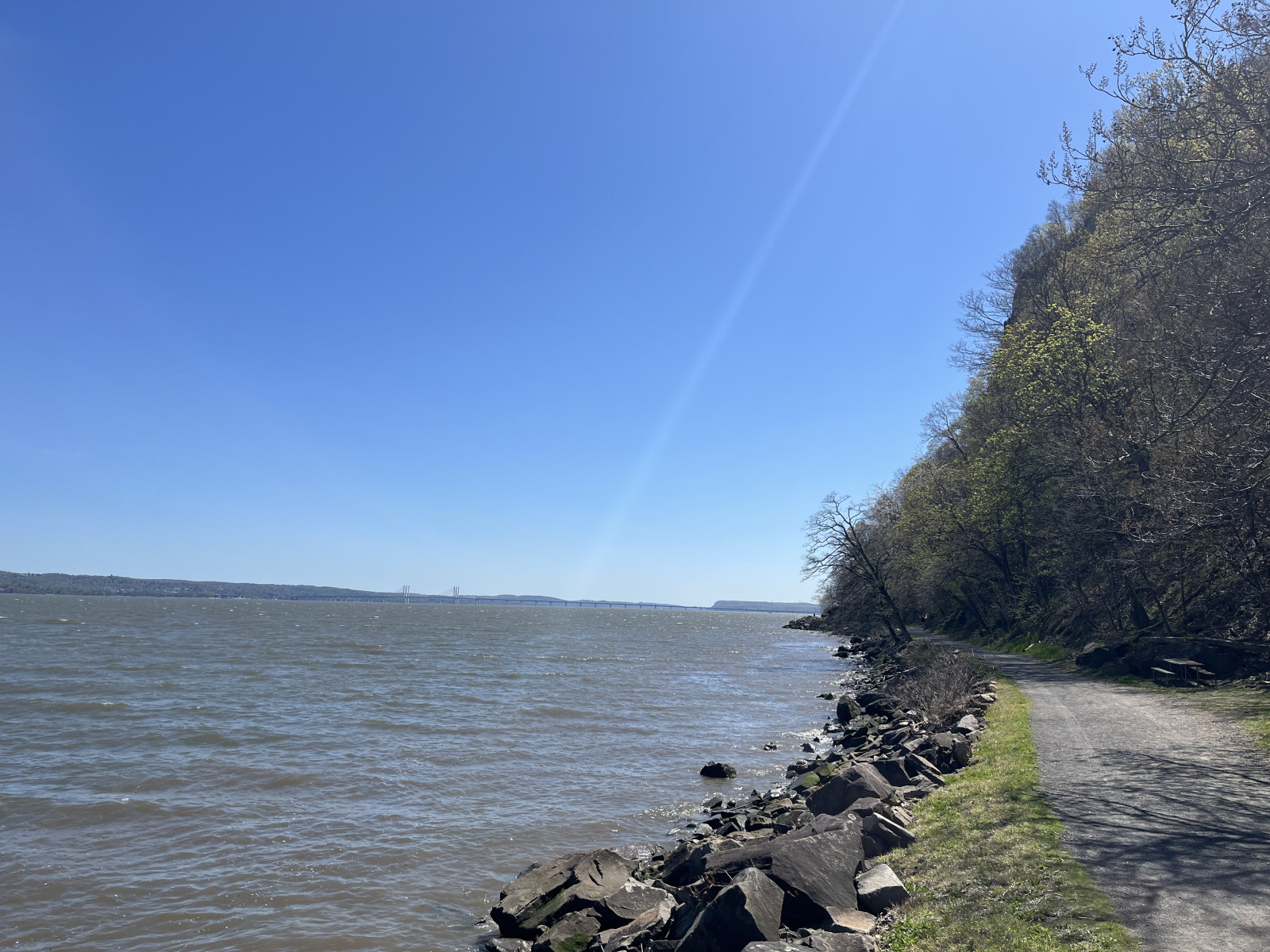
“I saw what was really happening and I didn’t allow myself to be honest about it because the truth felt mean.”
How often do you hold your tongue because it feels too mean to speak the truth?
What is more important: speaking the truth, or being kind when you can only do one?
How much anxiety do you develop when you see the truth but choose to deny it?
There is wisdom, grace, and maturity in being able to hold ones tongue, to choose words well, and to speak life. There is a time to speak, and a time to be silent. And there are times that speaking the truth may feel mean, but not speaking the truth is cruel. The question then becomes, how to speak the truth with grace?
To speak the truth with grace requires understanding that grace means “unmerited favor”, in other words the person you are speaking to with grace does not deserve the honor of hearing these words, and you know it and give them the gift of these words anyway. It can be done in a gentle tone, leaving space for what reaction may come. How? Great question!
When you find yourself needing to have a more delicate conversation it is best to think through the core of what you are wanting to communicate, and the importance of it. I think of the man who said he always tells his wife the truth about what she is wearing because he knows if he tells her she looks good when she doesn’t she won’t believe him when he tells her the same when she looks great. It’s not a comfortable conversation, but it is necessary so that the trust and clear communication can continue. If you are able and willing to communicate uncomfortable truths, risking the relationship, then it shows that this person matters to you, and that you would rather build trust than lie or avoid, to keep things comfortable.
While every situation is different, part of clear, gracious communication is reducing your words to data and facts. It might feel cold, but the more you try to soften it the messier it gets and you may end up saying the opposite of what is needed. This does not mean being brutally blunt! But it does mean thinking out what you are needing to communicate and how to best phrase it. Avoid using the words “should”, “just”, “always”, and “never”. These are judgemental and will raise defenses, increasing the discomfort of the conversation and may end it all together.
For all of the tips that can be given on how to say what needs to be said, the core issue is your own conscious. Knowing what you need to say and what motivates you to say it will guide you through, and if you cannot make peace in your head, then you may choose to live in the discomfort of seeing what is really going on, and not being honest about it. If you need help with this, I can coach you through it! Click here for a free 30 minute sample session.
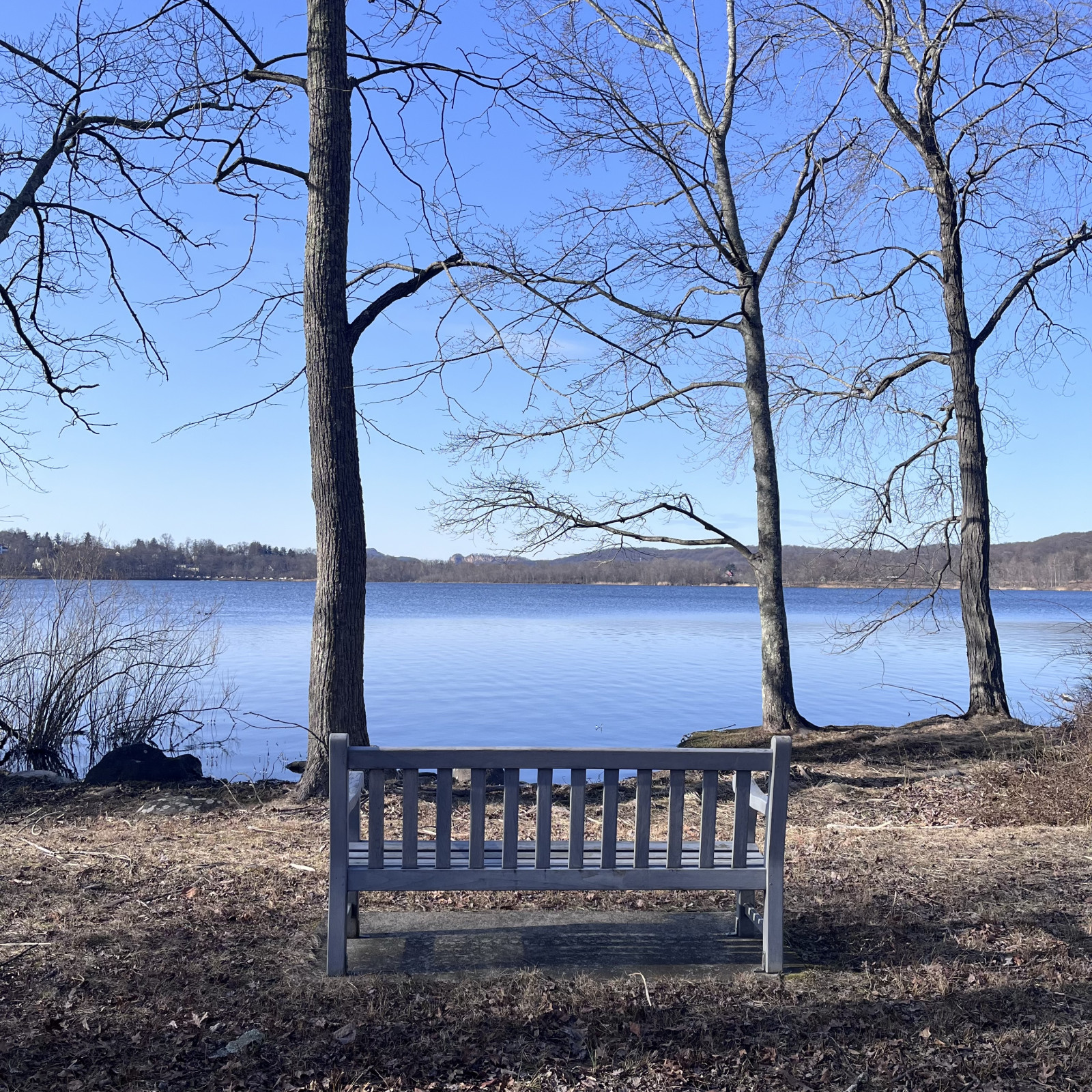
This month I’ve been pondering different types of friends and the important roles that each one plays in our lives. As I wrote I was so excited about each type that I forgot to mention the most important part! These blogs were not a checklist for the type of people you need to go out and find, but to assess the relationships that you have and to check where you are putting your time and energy. I cannot tell you what is the best formula for how you invest your time and energy into friends through receiving, sharing, and giving. Only you can assess your needs, your friends, and your resources.
While you are assessing your self, your friends, and your relational resources, go ahead and assess your capacity for intimacy. “Intimacy is the mutual self-revelation that causes us to know and be known.” - Mathew Kelly
It doesn’t matter what type of people you have around you, if you lack the ability to know and be known you will struggle to make and keep friends. If you are finding that you struggle in this area I suggest you pick the person whom you trust the most, and feel most safe around, and reveal a small piece of you that you don’t normally, not a deep or sensitive piece, but something about you that is below the surface. Should this person reciprocate, then you have not only been accepted by them, but you have deepened the relationship. If the person does not reciprocate, don't worry, that just means that they are not ready to share that part of them yet. Time may allow them to, if not then you know where you stand with them and can try again with another friend.
I remain amazed at the friends I have made, and kept, over the years. I am thankful for them, all that I have learned from them, all that I have shared with them, and all of the hard won wisdom that I have been able to give. What a gift to share life with such amazing people. I am equally amazed of what I have learned of myself through opening up and being known.
If you aren’t ready for coaching, but are looking for a free community where you can ask questions, learn, and grow check out https://deborahsprague.com/members
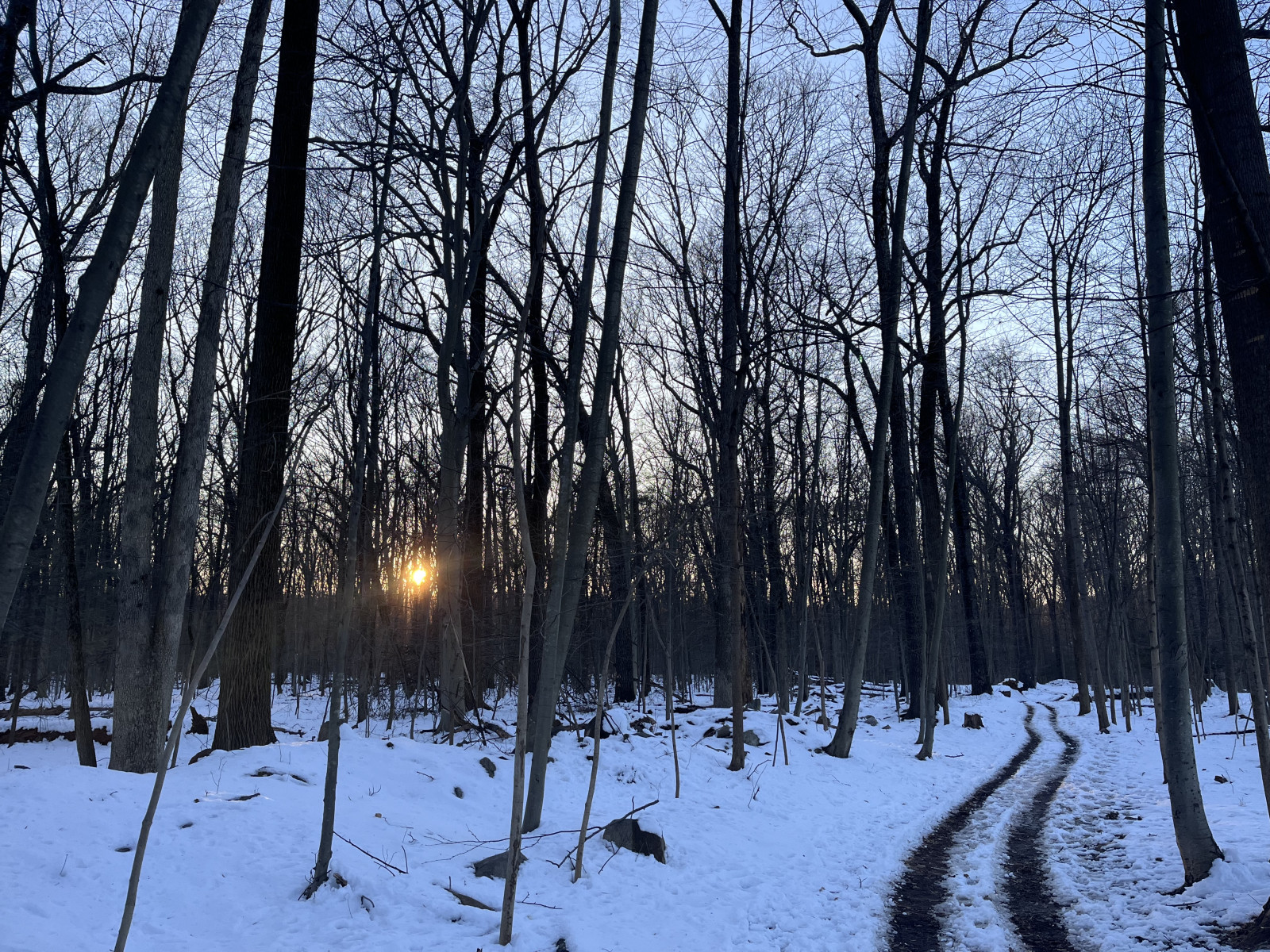
We have spent the past couple weeks looking at different types of adult friendships, learning from those older than us and having a healthy peer group. If you missed any you can start here and catch up! This week we are looking at those in our lives that we have a chance to influence, teach, or guide.
The Teachable are those that are, most often, younger than us, to whom we can teach what we have learned. We are able to walk beside them and help them find their way. Sometimes for life, sometimes for a season, sometimes for just one lesson. The beauty of having someone younger in our lives is that we are able to take the hard lessons of our lives and help others learn how to avoid them.
When it comes to these friends it is important to remember that it is not about you, but their journey, and you get to be a part of it. Your job isn’t to make them do or not do something, but to use your life experience as a resource for them to learn from. And in return you will find that you learn from them as well. This is not a one sided friendship where you give all, but you will give more as you have more to give. The greatest blessing in these types of relationships is when you model teachability and learn more than you ever expected. I think being teachable is the best mindset to have. It is not just curiosity, or willingness to learn, but the humility to admit that I don't know everything, only enough to know that I don't know everything. Therefore it is an honor to learn from those who have gone before, to learn from our peers, and to learn from those we are pouring into. Nothing proves that you don’t know it all like living as if you do. Having friends in your life who help you keep teachable is a gift. Having friends in your life to teach is a part of that gift.
If you aren’t ready for coaching, but are looking for a free community where you can ask questions, learn, and grow check out https://deborahsprague.com/members
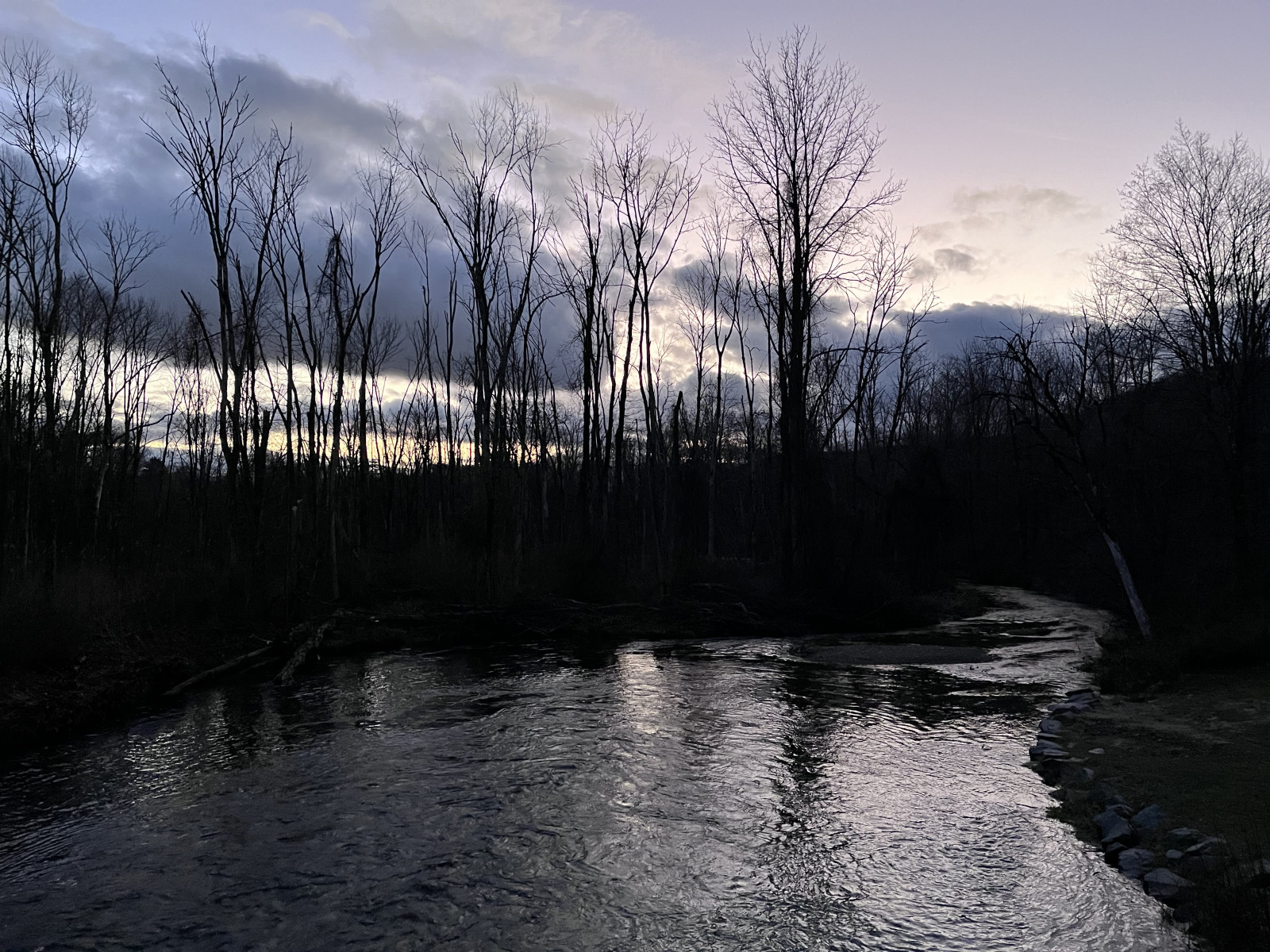
Making friends can be such a difficult thing to do, and then you have to keep them! As I am breaking down the different type of friendships we need, I find myself thinking that peers are the most fun for us. Peers are friends our age who have a variety of knowledge we can tap. Sometimes they teach us, sometimes they learn from us. We walk together through life, grow together through life, celebrate and mourn together. These are the friends we work hard to keep for as long as possible. These are the fun friends, the ones we call in an emergency, and the ones we text that our secrets to.
The challenge of relationships within my tribe is that we get so comfortable, we make excuses for each other like “thats just how she is,” instead of challenging our friends to grow. Being peers we are finding our way together, which can make it difficult to call someone out on their behavior with some authority. In our culture we have this idea of adults and experts, people who are above us who can speak into our lives. While those are useful, we sell ourselves short on the impact we have on each others lives as peers. It is our job as friends to call each other out and challenge each other to be better, and to allow them to call us out too. This allows us the opportunity to grow in our communication with others, advocating for ourselves, and holding people accountable for their choices. Our society makes a huge push for boundaries, but what they focus on is using boundaries to push people out, what we need to remember is that they are also a way back into our lives. Boundaries teach people how to have relationship with us, if someone refuses to respect those boundaries then they don’t respect you enough to build healthy relationship with you. And vice versa, you may find you don’t respect your friends as much as you’d like to, and that is on you to make choices about. The main thing to remember about your tribe is that real love changes us. So if you really love your friends you will want them to be their best selves, and this requires the tough conversations.
I challenge you to take a moment to assess the type of friends that you have, who can you be very real with?
Whom do you not trust, but tolerate?
What keeps you from having the hard conversations?
Can you take responsibility for you, or is it all their fault?
If you are looking for a free community where you can interact with people of all ages, ask questions, learn, and grow check out https://deborahsprague.com/members


